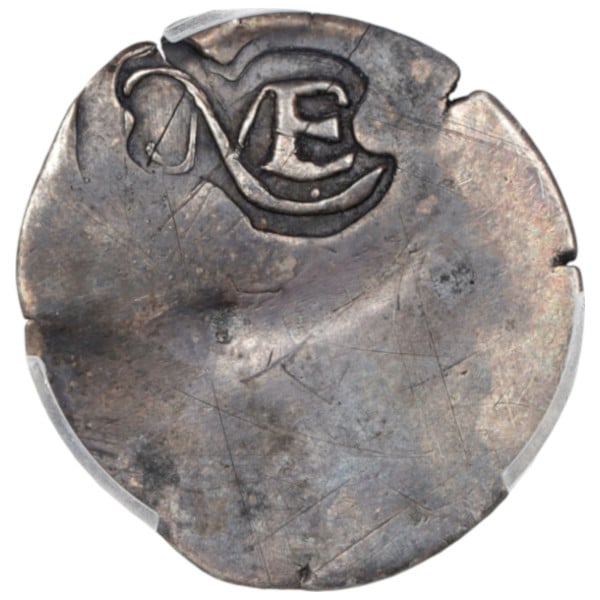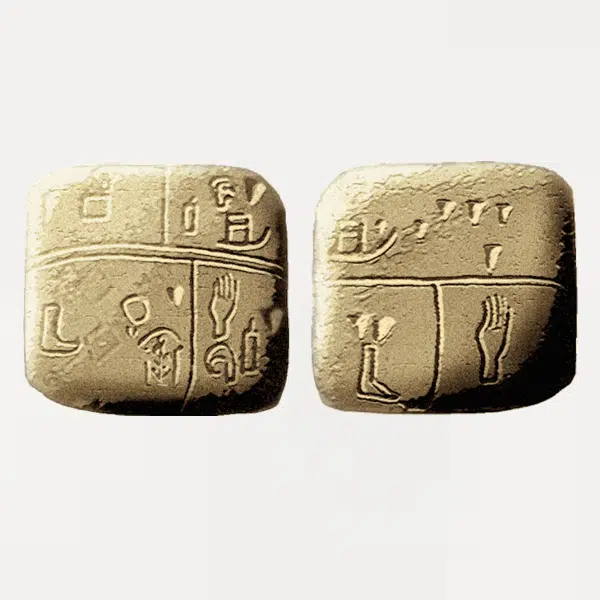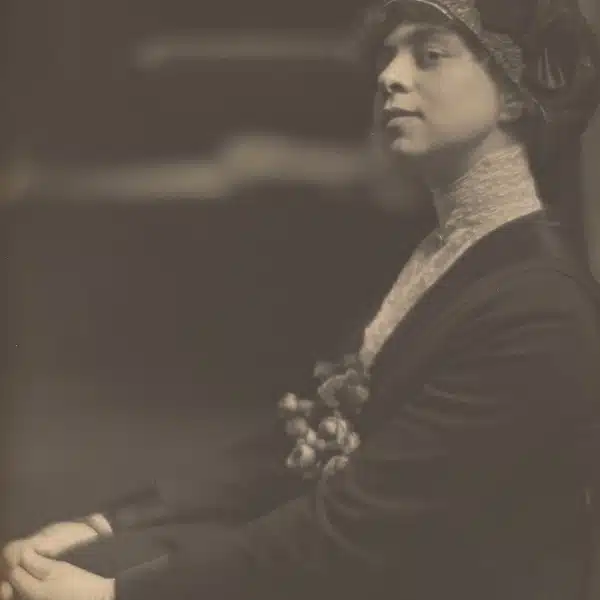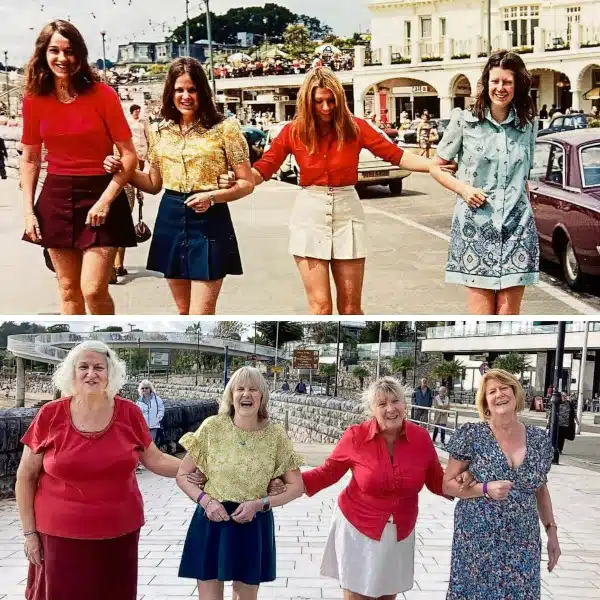A little over 50 years ago, Kathrine Switzer took a bold step when she submitted her form to participate in the Boston Marathon. Her initials read K.V. Switzer (a common practice of hers when signing her name), which allowed her to remain gender-ambiguous until the day of the race. For the previous 70 years, the Boston Marathon had been an all-male event and her presence wouldn’t go unnoticed. In a time when women athletes were met with multiple restrictions and jeers, Switzer sprinted towards the opportunity. Although she wouldn’t be the first woman to run the race, (in the year prior, Roberta Gibb had secretly participated—unregistered—hidden behind a baggy hooded sweatshirt), she was determined to be open with her appearance and defiant in her presence.
There was a widely held notion that women in sports were unattractive; or as Switzer recounts, “The idea of running long distance was always considered very questionable for women because an arduous activity means you would get big legs, grow a mustache and your uterus was going to fall out.” In an effort to counter this absurd notion, she intentionally wore earrings and lipstick for the run.
Leading up to the race, Switzer’s trainer, Arnie Briggs, felt the race was too much for a “fragile woman” and she would need to prove to him that she would be up for the challenge. Switzer did just that and accompanied Briggs and her then-boyfriend Tom Miller to the competition. When Switzer arrived, she was given the bib number 261 and started steady and strong. While other participants in the race were excited and impressed by Switzer’s presence, the race manager, Jock Semple, was not, to say the least. An enraged Semple proceeded to chase Switzer down and forcibly stop her from continuing. In her memoir, Switzer describes the unforgettable events that followed: “Instinctively I jerked my head around quickly and looked square into the most vicious face I'd ever seen. A big man, a huge man, with bared teeth was set to pounce, and before I could react he grabbed my shoulder and flung me back, screaming, ‘Get the hell out of my race and give me those numbers!'”
View this post on Instagram
Media outlets during the time photographed the ordeal and its conclusion. Semple proceeded to knock Switzer’s trainer Arnie Briggs to the ground but met his match when confronting Switzer's boyfriend, Miller, who was a 235-pound ex-football player and hammer thrower. Semple’s interference was swiftly ended. After the ordeal, Switzer hit an emotional and physical wall, but she luckily began to consider what was at stake. “I knew if I quit, nobody would ever believe that women had the capability to run 26-plus miles,” she recounts. “If I quit, everybody would say it was a publicity stunt. If I quit, it would set women's sports back, way back, instead of forward. If I quit, I'd never run Boston. If I quit, Jock Semple and all those like him would win. My fear and humiliation turned to anger.”
Switzer finished the race in 4 hours and 20 minutes. She then went on to be the winner of the 1974 New York City Marathon and to be named female runner of the decade by Runner's World Magazine. She was inducted into the National Women's Hall of Fame in 2011. In 2017, Switzer ran the Boston Marathon again at the age of 70. She wore her same race number 261 and finished only ten minutes off from her first run in 1967. Switzer’s perseverance and drive blazed the trail for future generations of women runners but continues to offer inspiration and hope.
View this post on Instagram
Kathrine Virginia Switzer: Website | Facebook | Instagram
h/t: [LA Times]
All images via Kathrine Switzer.
Related Articles:
Boston Bombing Survivor Crosses This Year’s Finish Line on Her New Prosthetic Leg
80-Year-Old Couple Celebrates 57th Anniversary By Finishing Marathon Holding Hands
Studio Ghibli Releases Free Zoom Backgrounds for You to Use While Video Conferencing
London Marathon Replaces Plastic Bottles with Edible Seaweed Drink Capsules






















































































